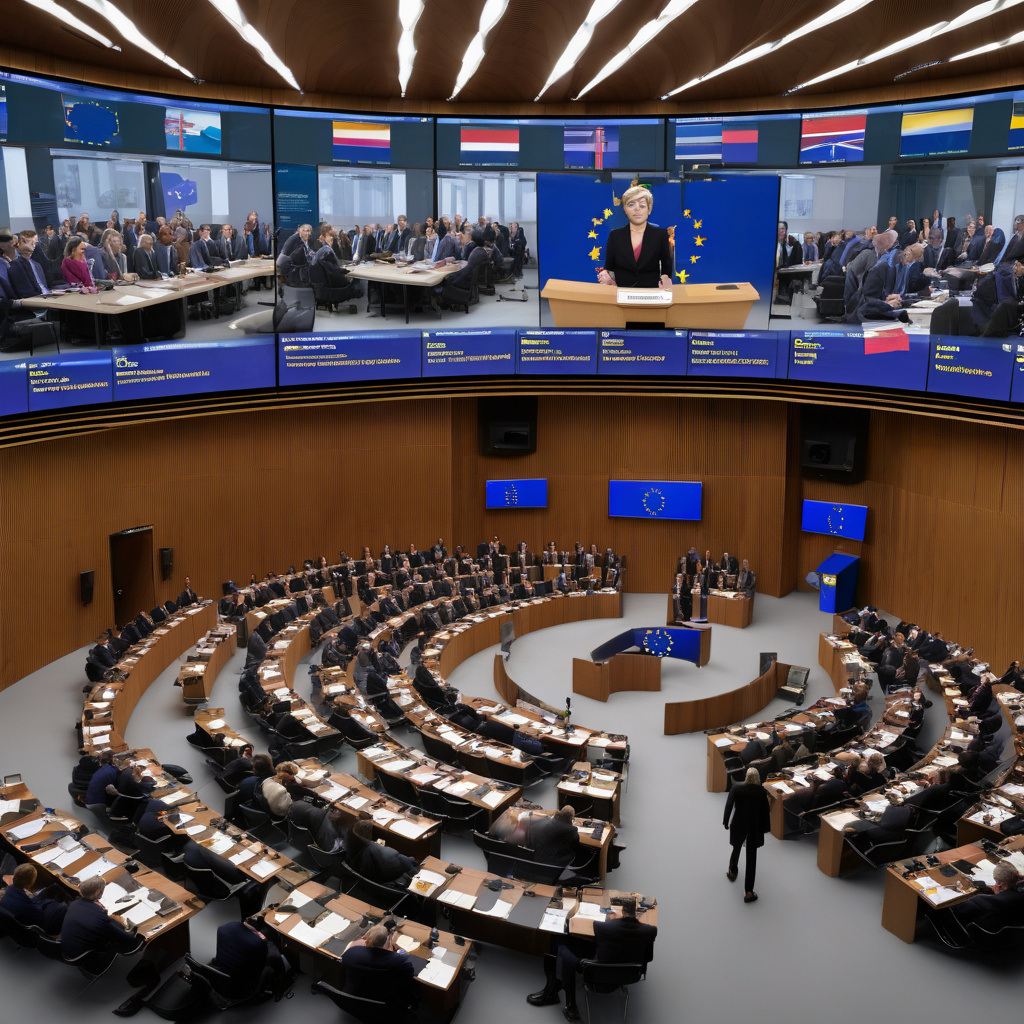The European Union’s efforts to combat disinformation online are taking a significant step forward as the Disinformation Code inches closer to becoming a benchmark within the Digital Services Act (DSA). Platforms that adhere to the EU’s established Code of Practice on Disinformation will find it simpler to navigate the complex landscape of online regulations in the region.
One notable instance of a platform’s involvement with the Code is X, formerly known as Twitter, which withdrew from the voluntary agreement in 2023 under the leadership of Elon Musk. This move sparked discussions about the responsibilities and implications for tech giants in shaping the online information ecosystem.
The potential integration of the Disinformation Code into the DSA underscores the EU’s commitment to fostering transparency, accountability, and reliability in digital spaces. By aligning regulatory frameworks with industry standards, policymakers aim to create a more secure online environment that safeguards users against misleading content and malicious actors.
As the boundaries between information dissemination and manipulation blur, the need for robust mechanisms to identify and address disinformation becomes increasingly pressing. The convergence of the Disinformation Code with the DSA represents a proactive approach to tackling the challenges posed by false narratives, fake news, and online propaganda.
Platforms that choose to embrace the principles outlined in the Code signal their willingness to uphold integrity and trustworthiness in their operations. By adhering to best practices for content moderation, fact-checking, and user empowerment, companies can contribute to a healthier digital ecosystem that prioritizes accuracy and credibility.
Moreover, the evolving regulatory landscape reflects a broader shift towards harmonizing global standards for online governance. As the EU sets a precedent with initiatives like the Disinformation Code, other regions and jurisdictions may look to emulate or align their policies to promote a more consistent and coherent approach to combating disinformation.
In conclusion, the advancement of the Disinformation Code towards becoming a cornerstone of the DSA marks a pivotal moment in shaping the future of online governance and accountability. By fostering collaboration between platforms, policymakers, and stakeholders, the EU is taking decisive strides towards building a more resilient and trustworthy digital environment for all users.

